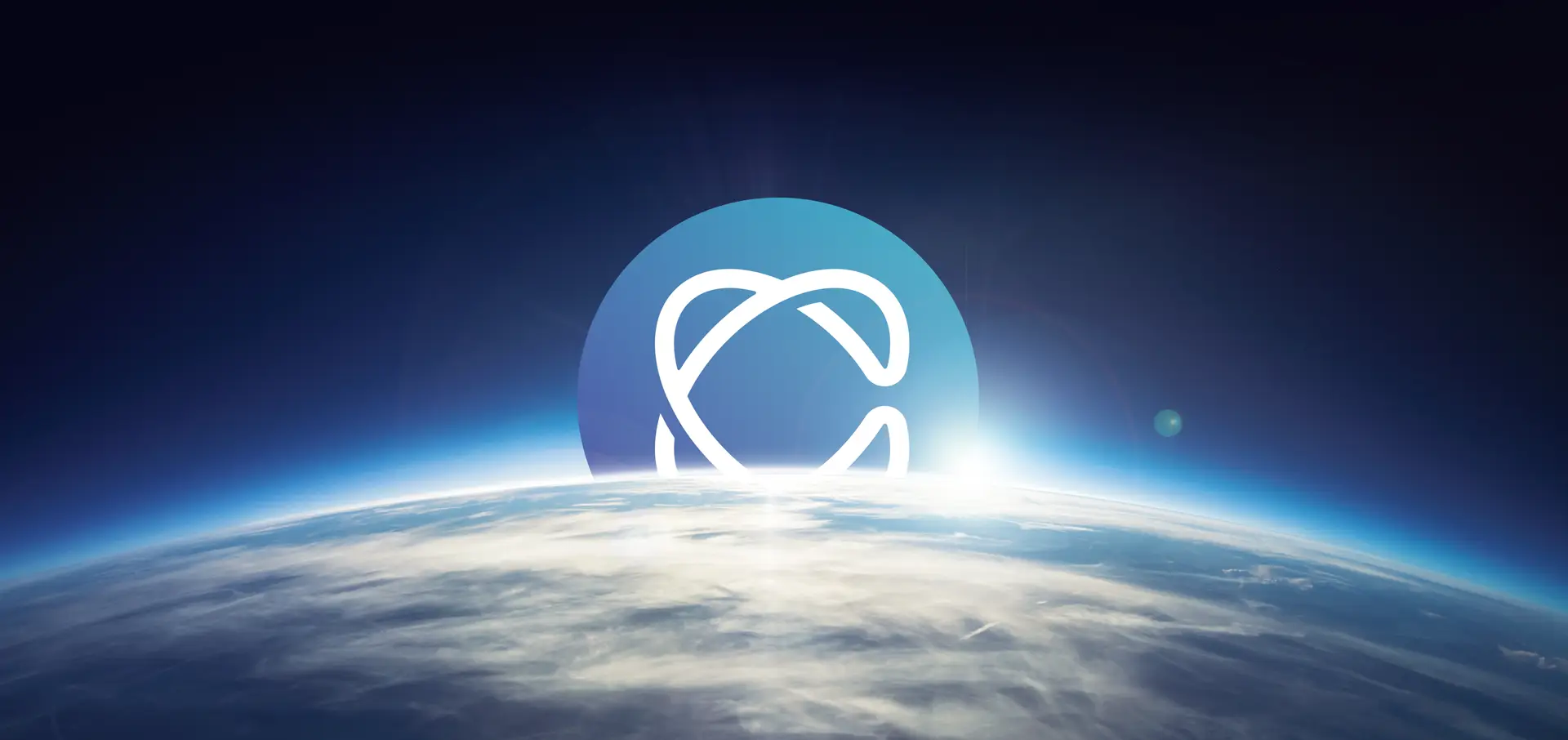Becoming an expert is difficult.We spent years in our PhD programs sitting in classrooms, reading papers, and programming to become “experts.”Contact center organizations feel this problem every day. It takes seven months for a new agent to become proficient[1]. However, even then there is a three-fold difference in the performance and revenue generated by the top expert and the median performer on the team. To make matters worse, one-third of the team turns over every year. For contact centers, this results in poor customer experiences and half of their revenue left on the table.This is a problem for teams all over the world. For non-expert surgeons it results in complications, and for software teams it causes technical debt. The world suffers these consequences by assuming this status quo: mastery is difficult and expertise is not uniformly distributed.At Cresta, we are changing this.Our mission is to enable everyone to become an expert on day one. What does the future of knowledge transfer look like? Is it still a bundle of unorganized documents given to a new employee on their first day? Or is it something more effective?[caption id="attachment_22841" align="aligncenter" width="750"]

Carefully illustrated by Meredith Fields[/caption]At the Stanford AI lab, we researched AI tools that enabled people to become superhuman. We built systems that learned from expertdemonstration. Our research demonstrated the power of our technology, but we realized the technology was useless locked up in an academic lab. Upon seeing our first results, our advisor asked us, “do you want to keep writing papers, or do you want to start a company?” We incorporated the next week.As humans, our systems of knowledge sharing began with cave paintings and language. The development of the printing press unlocked the ability to cheaply replicate knowledge and distribute it broadly. Digital mediums have made it possible to share information without physical boundaries. Advancements like these have pushed our ability to share knowledge rapidly and accelerated our progress as a species.
Every workforce in a modern enterprise -- sales, customer support, HR, software, legal, and more -- accepts the current status quo.
At Cresta, we’re taking the next step forward. Our software codifies expertise by watching how experts perform. As an expert completes a task, our software learns from demonstration paired with historical data. Cresta shares this knowledge in real-time across the team, delivering expertise in a contextual and highly personalized manner for each team member.We will see this same pattern play out across many different industries and jobs. Democratizing access to expertise via software is revolutionizing the workplace of the future. Cresta is starting in the contact center, but this is just the beginning. Every workforce in a modern enterprise -- sales, customer support, HR, software, legal, and more -- accepts the current status quo.This is an exciting future, and we are building it today. Cresta has already raised $21 million dollars from the world’s best investors, including Andreessen Horowitz, Greylock Partners and Andy Bechtolsheim. Our product is in production globally and in Fortune 500 companies, optimizing millions of interactions and delivering hundreds-of-millions in incremental revenue. Now, we are looking for world-class talent to join our team. If you want to help us on our mission to change how expertise is gained and shared, we are hiring.[1] Sales Performance Management: Getting Everyone on the Same Page, Aberdeen Group, 2010






